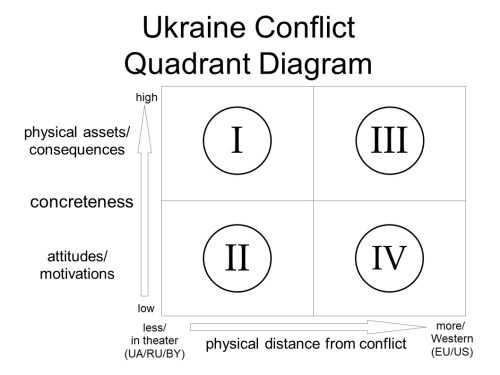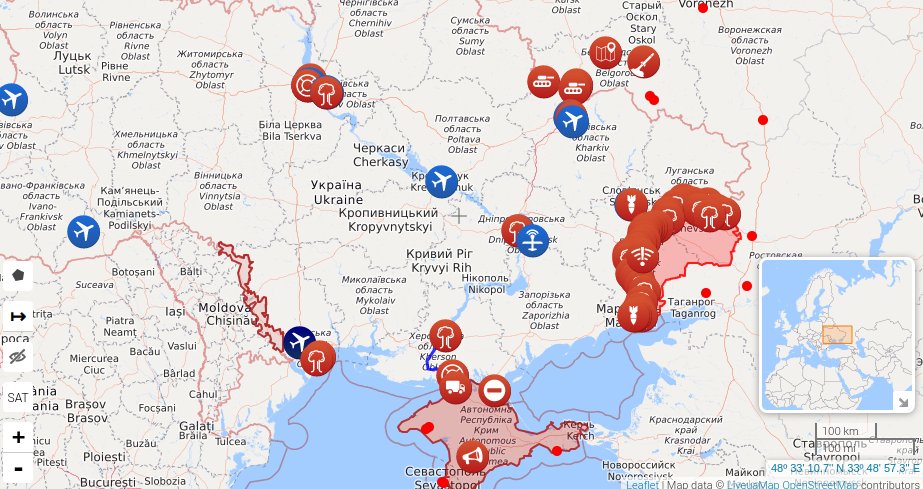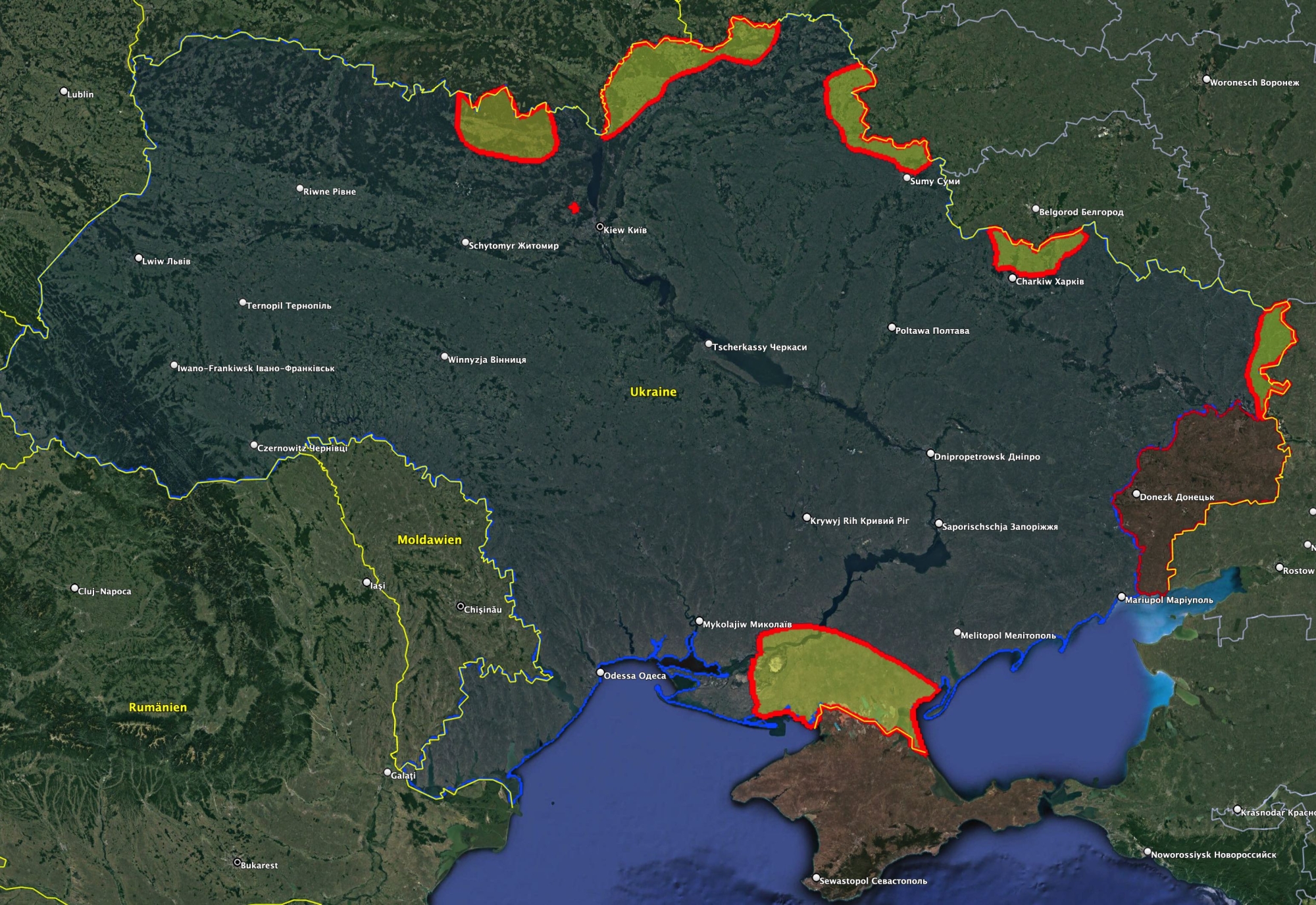(Here’s something I wrote several years ago…I was reminded of it by a current post and discussion discussion at Quillette, so thought I”d post it here and link it there. The references aren’t current, but the issues raised remain very real.)
Professor “X” teaches at a prominent private university. Recently, he taught a course on “Topics in Theory and Criticism.” He thought the class was going poorly–it was difficult to get the students to talk about the material–but on the last day of class, he received an ovation.
“I didn’t understand what was going on until a few days later,” he writes (in an e-mail to Critical Mass.) “Several students came to see me during office hours to tell me that they had never taken a course quite like this one before. What they had expected was a template-driven, “here’s how we apply ****ist theory to texts” approach, because that is how all of their classes are taught in the English department here…Not a single one of these students had ever read a piece of theory or criticism earlier than the 1960s (with the exception of one who had been asked to read a short excerpt from Marx.) They simply had never been asked to do anything other than “imitate without understanding.””
In university humanities departments, theory is increasingly dominant–not theory in the traditional scholarly and scientific sense of a tentative conceptual model, always subject to revision, but theory in the sense of an almost religious doctrine, accepted on the basis of assertion and authority. To quote Professor “X” once again: “Graduate “education” in a humanities discipline like English seems to be primarily about indoctrination and self-replication.”
The experiences of Professor “X” are far from unique. Professor “Y,” chair of an English department, describes his experiences in interviewing for a new job (also in an e-mail to Critical Mass). “How truthful could I afford to be about my growing dissatisfaction with theory? Should I trump up some ghastly theoretical allegiances, or should I just come clean about my desire to leave theory behind to try to become genuinely learned?” He decided to do the latter, cautiously. In his job talk, he said:
“The writings I’ve published draw on a number of different theoretical perspectives…the overarching goal I’ve set for myself in my scholarship, though is gradually to lessen my reliance on the theories of others…” He sensed at this point that he had lost the support of about three quarters of his audience, and he was not offered the job. Those who did like the statement were older faculty members–one of whom later told Prof “Y” that she hadn’t heard anyone say something like this in twenty years.
Why is theory (which would often more accurately be called meta-theory) so attractive to so many denizens of university humanities departments? To some extent, the explanation lies in simple intellectual fad-following. But I think there is a deeper reason. Becoming an alcolyte of some all-encompassing theory can spare you from the effort of learning about anything else. For example: if everything is about (for example) power relationships–all literature, all history, all science, even all mathematics–you don’t need to actually learn much about medieval poetry, or about the Second Law of thermodynamics, or about isolationism in the 1930s. You can look smugly down on those poor drudges who do study such things, while enjoying “that intellectual sweep of comprehension known only to adolescents, psychopaths and college professors” (the phrase is from Andrew Klavan’s unusual novel True Crime.)
The dictatorship of theory has reached its greatest extremes in university humanities departments, but is not limited to these. Writing 50 years ago, C S Lewis says the following about his sociologist hero in the novel That Hideous Strength:
“..his education had had the curious effect of making things that he read and wrote more real to him than the things he saw. Statistics about agricultural laboureres were the substance: any real ditcher, ploughman, or farmer’s boy, was the shadow…he had a great reluctance, in his work, to ever use such words as “man” or “woman.” He preferred to write about “vocational groups,” “elements,” “classes,” and “populations”: for, in his own way, he believed as firmly as any mystic in the superior reality of the things that are not seen.”
It’s unlikely that the phenomenon Lewis describes has become any less prevalent in the intervening half-century. But in the social sciences, there is at least some tradition of empiricism to offset an uncontrolled swing to pure theory.
The theoretical obsession has even made a transition from academia into the business world, via MBA programs. Many newly-graduated MBAs have in their head some strategic “paradigm,” into which they will fit any business reality like a Procrustean bed. The 4X4 strategic grid, or the mathematical decision tool, are far more real to them than the actual details of manufacturing and selling a particular product. Like Lewis’ sociologist, they believe in “the superior reality of things not seen.” The attractions of theory-driven kind of thinking in business are similar to those that make it attractive in university humanities departments. By emphasizing theoretical knowledge, an MBA with little experience can convince himself (and possibly others) that he deserves more authority than those with broad experience and “tacit knowledge” in a particular business.
I’m not arguing that theory is useless in business management, any more than I’m arguing that it’s useless in academia. I am arguing that theory should be balanced by factual knowledge and empiricism, and that it should never be allowed to degenerate into dogma.
There’s an old saying: when the only tool you have is a hammer, everything looks like a nail. In today’s world, we have an epidemic of people metaphorically trying to use hammers to drive nails, or to use saws to weld metal. Academia bears a grave responsibility for this situation. Too often, professors have acted not like true scholars, but like preachers believing that their salvation lies in getting people to accept the One True Doctrine, entire and unmodified–or like salesmen who have only one product to sell and will do their best to sell it to you, regardless of whether it has anything to do with your actual needs or not.
See also Studying ‘Frankenstein’ Without Reading ‘Frankenstein’.




